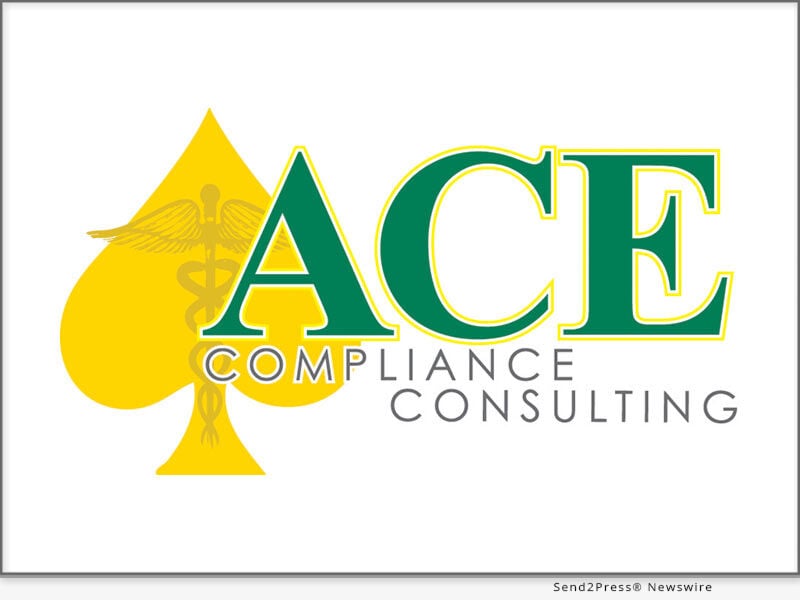As insurance companies prioritize profits over people, nearly half of America’s home care agencies are closing within five years, leaving vulnerable patients without essential care and caregivers without jobs. Industry leaders are calling for urgent reforms to prevent a looming public health crisis.
Healthcare Insurance Policies Fuel Crisis: The Silent Killer of Home Care Agencies

Key Takeaways:
- Unfair insurance practices are financially straining home care agencies.
- Nearly 50% of home care agencies close within five years due to these challenges.
- Vulnerable populations are losing access to essential care.
- Caregivers are facing job losses as agencies shut down.
- Industry leaders are calling for regulatory reforms to hold insurance companies accountable.
Home Care at Risk: An Unseen Crisis
A troubling reality is unfolding in the American healthcare industry. Home care agencies, vital lifelines for millions, are closing at an alarming rate. The culprit, according to industry leaders, is a healthcare insurance system that prioritizes profits over people.
“This is more than a business crisis; it’s a humanitarian crisis,” says Charlene Taylor, CEO of Ace Compliance Consulting. “When home care agencies close, families at their most vulnerable lose access to the care they rely on, and dedicated healthcare workers lose their livelihoods.”
The Scale of the Problem
Nearly 50% of home care agencies are shutting their doors within five years. This staggering statistic comes at a time when the aging population, bolstered by retiring baby boomers, is increasing the demand for home care services.
Unfair Insurance Practices
Home care agencies point to specific insurance company practices that are driving them out of business:
- Non-Payments : Agencies receive prior authorization to provide services but then face non-payment from insurance companies like United Healthcare and Texas Healthspring.
- Delayed Reimbursements : Claims processing can take months, creating cash flow challenges that many agencies cannot withstand.
- Arbitrary Denials : Essential care services are denied coverage, forcing agencies to absorb costs or pass them onto patients.
- Reduced Coverage Rates : Cuts in reimbursement rates leave agencies unable to cover operational costs and caregiver salaries.
Impact on Vulnerable Populations
The closure of home care agencies doesn’t just impact businesses; it profoundly affects those in need:
- Millions of seniors and individuals with chronic illnesses are left without access to quality care.
- A 78-year-old veteran in Houston struggles to find care after his local agency was shuttered due to mounting insurance disputes.
- Families are forced into impossible situations, like a single mother who had to quit her job because her child’s home care agency closed.
Caregivers Caught in the Crossfire
Healthcare workers dedicated to providing home care are losing their jobs as agencies fold. The caregiver workforce dwindles, exacerbating an already growing labor shortage in the industry.
One agency CEO was forced to lay off employees and close permanently after accumulating over $500,000 in unpaid insurance claims , despite having prior authorizations.
A Looming Public Health Crisis
With an aging population and increased need for home care services, the systemic failures threaten to destabilize the entire healthcare ecosystem. The ripple effects could lead to a shortage of care options for the most vulnerable and increased strain on other healthcare services.
Calls for Urgent Reforms
Industry leaders are urging immediate action to hold insurance companies accountable:
- Insurance Oversight Board : Establish oversight to investigate complaints against insurance companies, with legal and financial consequences.
- Legislative Reforms : Mandate timely reimbursements and fair compensation for home care services.
- Transparency Standards : Require insurers to disclose reimbursement practices and payment timelines.
- Public Awareness Campaigns : Educate patients and families about their rights and the importance of supporting home care providers.
“We must protect the backbone of our healthcare system before it collapses entirely,” warns Charlene Taylor.
Joining the Movement
Ace Compliance Consulting is spearheading efforts to advocate for these changes, inviting healthcare providers, advocates, and concerned citizens to join the fight for fairness in the healthcare insurance industry.
Conclusion
The crisis facing home care agencies is more than a financial dilemma—it’s a threat to public health and welfare. As vulnerable populations find themselves without essential services and caregivers lose their livelihoods, the call for reform becomes ever more urgent.











